Huw Edwards: why is the BBC so scandal-prone?
The national broadcaster has serious questions to answer
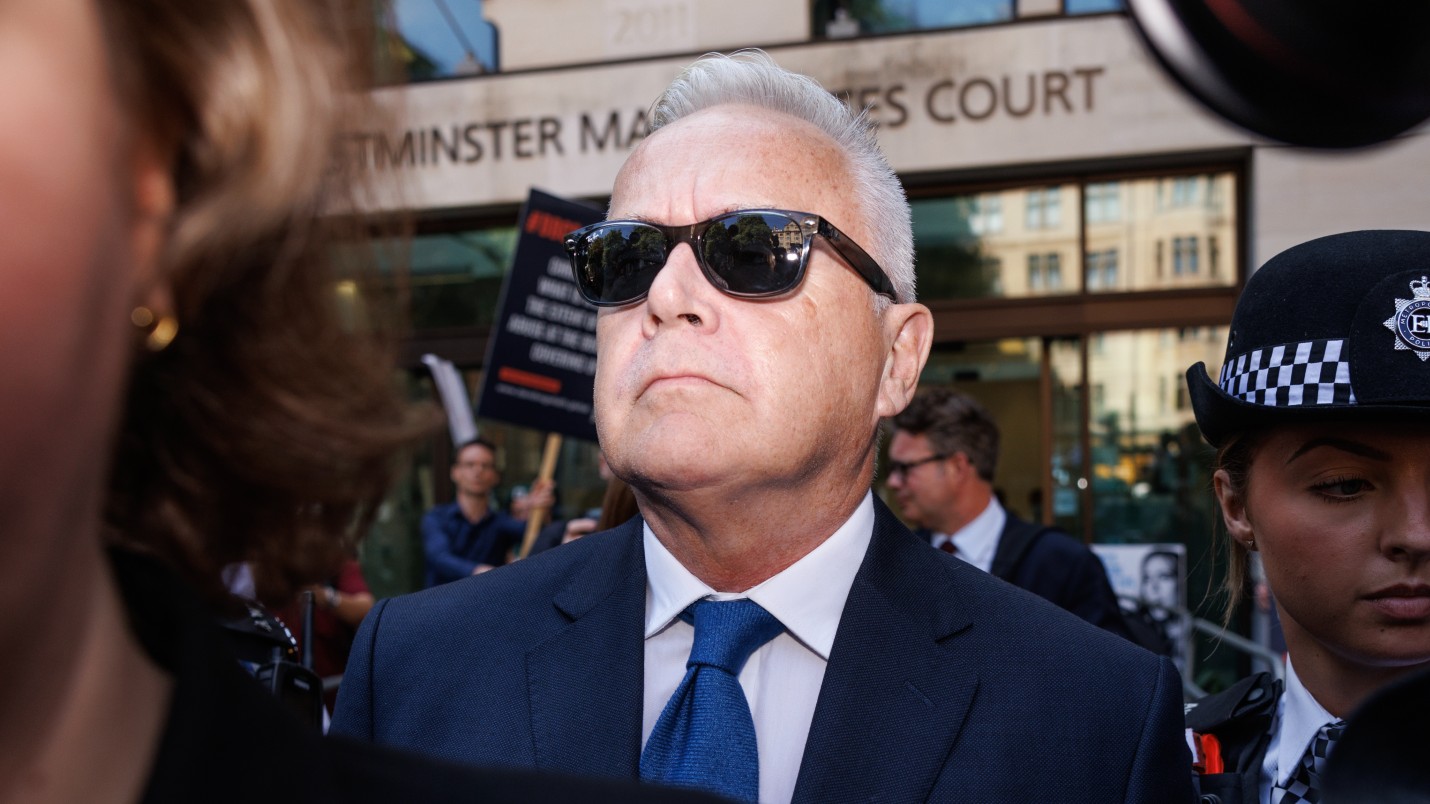
A free daily email with the biggest news stories of the day – and the best features from TheWeek.com
You are now subscribed
Your newsletter sign-up was successful
"Has any fall from grace ever been so catastrophic or more profound?" asked Jan Moir in the Daily Mail.
For 20 years, BBC news anchor Huw Edwards was Britain's master of ceremonies, covering national events from general elections to royal weddings. He was even entrusted with delivering the news of the death of Queen Elizabeth II to the nation.
All that came to a shattering close last July, when he was identified as the BBC figure accused of paying a 17-year-old boy for sexual images; then last week, 14 months after he'd presided over the King's coronation, he appeared at a magistrates' court in London to plead guilty to making indecent images of children as young as seven. (He had been sent them on WhatsApp, but the law classes this as "making", as it means there is another copy of the image.) He now faces up to ten years in prison.
The Week
Escape your echo chamber. Get the facts behind the news, plus analysis from multiple perspectives.

Sign up for The Week's Free Newsletters
From our morning news briefing to a weekly Good News Newsletter, get the best of The Week delivered directly to your inbox.
From our morning news briefing to a weekly Good News Newsletter, get the best of The Week delivered directly to your inbox.
BBC bosses facing questions
His reputation lies in tatters, said Jenny Hjul on Reaction, but our national broadcaster also has serious questions to answer, namely: why did it continue to pay Edwards his full £475,000 salary – including a £40,000 pay rise – even after it had been informed of his arrest, in November 2023, for possessing illegal images?
Or, to put it another way: "What level of depravity must a top BBC star sink to in order to get sacked?" BBC bosses say that it would have been legally complicated to fire Edwards, who had been admitted to a clinic suffering from mental health issues, before any charges had even been brought. He finally resigned this April, on medical grounds.
But it has been reported that the BBC's own internal inquiry, launched last year, had revealed evidence of plenty of other potentially sackable offences: former and present employees said they'd received inappropriate messages from him; a junior producer said he'd been invited by a "pushy" Edwards to share his hotel room in Windsor on the eve of Prince Philip's funeral. But it seems the BBC swept all this under the carpet. Such is the level of public anger, it is now facing calls from ministers, and its own presenters, to try to claw back some of the money it paid Edwards.
Untouchable 'demigods'
"If it feels like we've been here before, that's probably because we have," said Rosa Silverman in The Daily Telegraph. Jimmy Savile, Rolf Harris, Stuart Hall: Edwards is just the latest in a line of male BBC "talent" to have been guilty of horrible crimes.
A free daily email with the biggest news stories of the day – and the best features from TheWeek.com
Why is the BBC so scandal-prone? Insiders say it is partly due to a culture in which stars are treated as untouchable "demigods"; this means that if other employees do complain about them to senior managers, they are either ignored or driven out – creating deep-seated resentment.
Clearly, the BBC's management has a lot of work to do to rebuild trust, internally and externally, said Jane Martinson in The Observer. But to use this case as a stick with which to beat the BBC as a news provider would be wrong. Edwards was the public face of the BBC, often reading out stories prepared by others; but he was not its "beating heart".
-
 What to know before filing your own taxes for the first time
What to know before filing your own taxes for the first timethe explainer Tackle this financial milestone with confidence
-
 The biggest box office flops of the 21st century
The biggest box office flops of the 21st centuryin depth Unnecessary remakes and turgid, expensive CGI-fests highlight this list of these most notorious box-office losers
-
 The 10 most infamous abductions in modern history
The 10 most infamous abductions in modern historyin depth The taking of Savannah Guthrie’s mother, Nancy, is the latest in a long string of high-profile kidnappings
-
 Jeff Bezos: cutting the legs off The Washington Post
Jeff Bezos: cutting the legs off The Washington PostIn the Spotlight A stalwart of American journalism is a shadow of itself after swingeing cuts by its billionaire owner
-
 The Washington Post is reshaping its newsroom by laying off hundreds
The Washington Post is reshaping its newsroom by laying off hundredsIn the Spotlight More than 300 journalists were reportedly let go
-
 Scott Adams: The cartoonist who mocked corporate life
Scott Adams: The cartoonist who mocked corporate lifeFeature His popular comic strip ‘Dilbert’ was dropped following anti-Black remarks
-
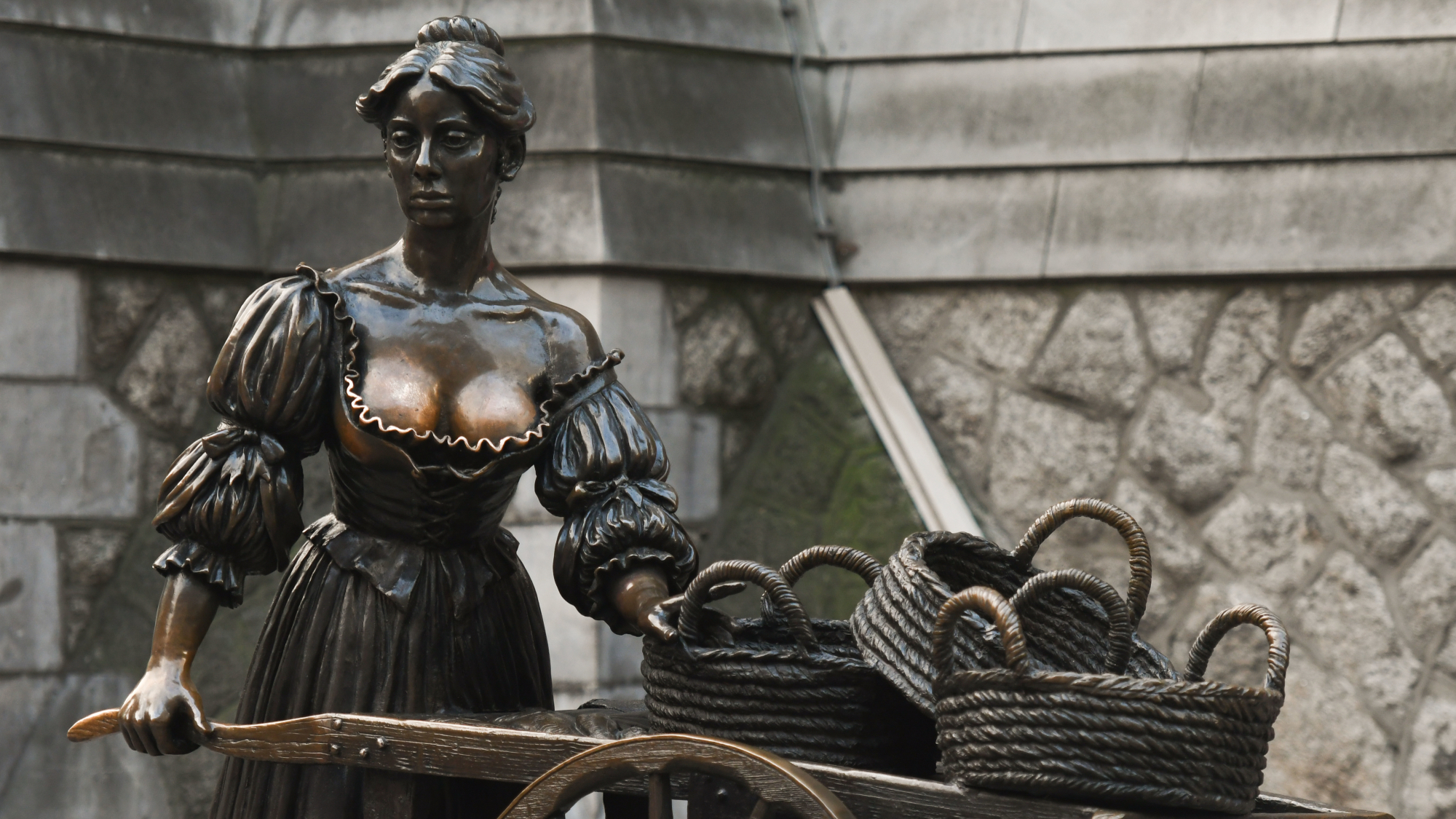 The best tabloid stories of 2025
The best tabloid stories of 2025In the Spotlight From a child named after the devil to a pothole-based theme park, some strange stories hit the headlines this year
-
 Rothermere’s Telegraph takeover: ‘a right-leaning media powerhouse’
Rothermere’s Telegraph takeover: ‘a right-leaning media powerhouse’Talking Point Deal gives Daily Mail and General Trust more than 50% of circulation in the UK newspaper market
-
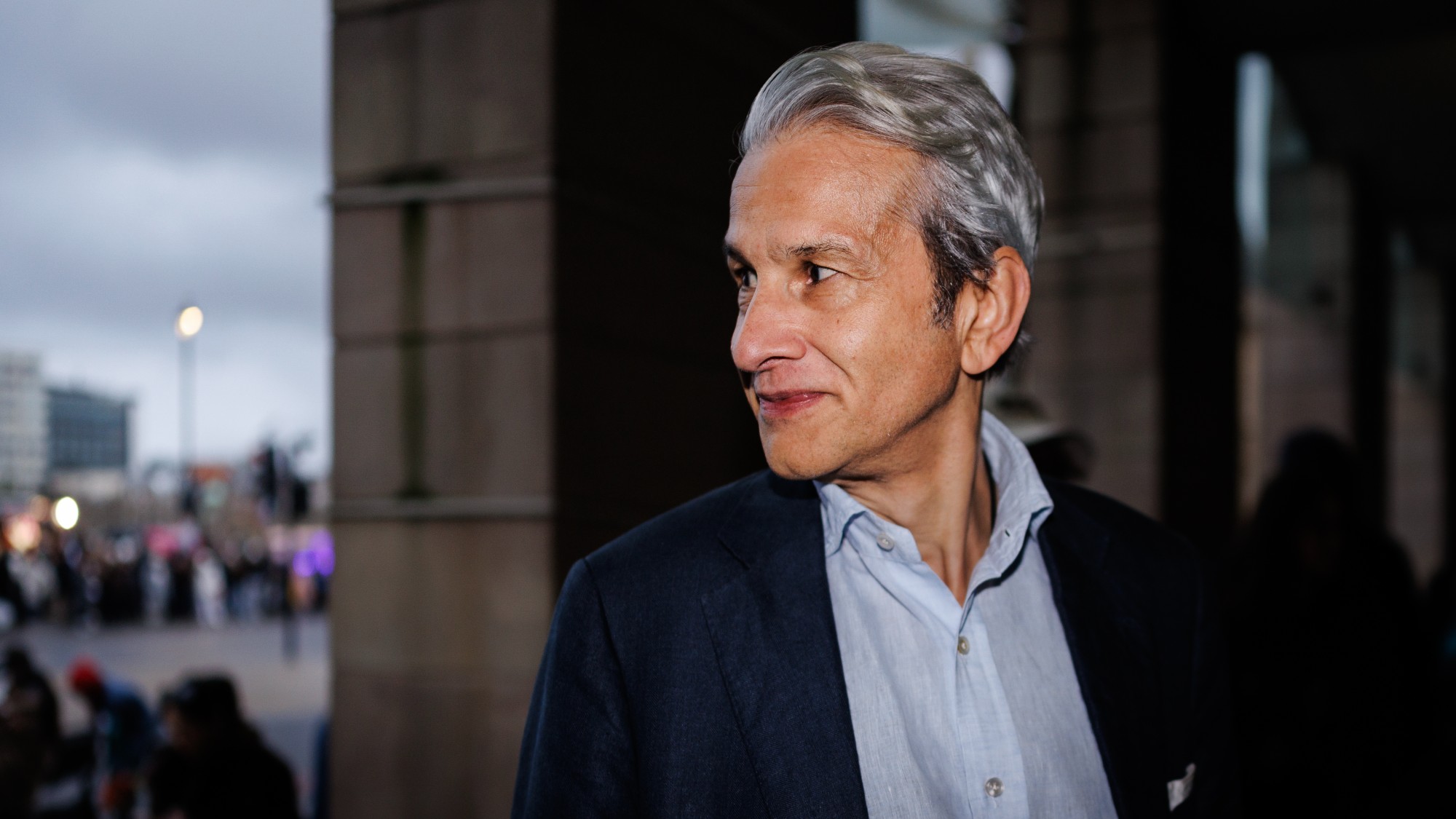 Can the BBC weather the impartiality storm?
Can the BBC weather the impartiality storm?Today's Big Question MPs’ questions failed to land any ‘killer blows’ to quell the ‘seismic outrage’ faced by the BBC
-
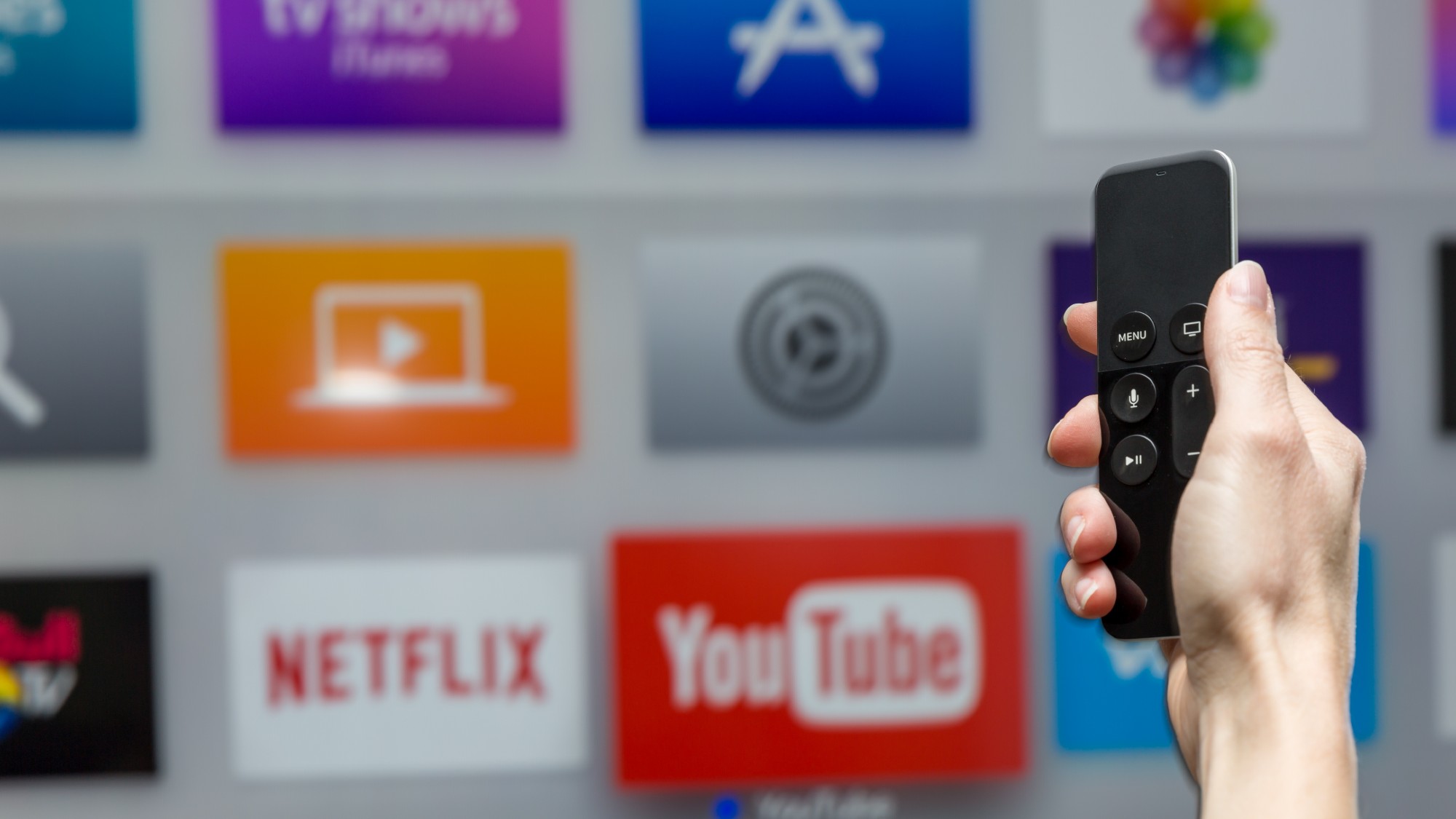 Streaming: Get ready for more blackouts
Streaming: Get ready for more blackoutsfeature Disney finally struck a deal to get its television channels back on Google’s YouTube TV streaming service
-
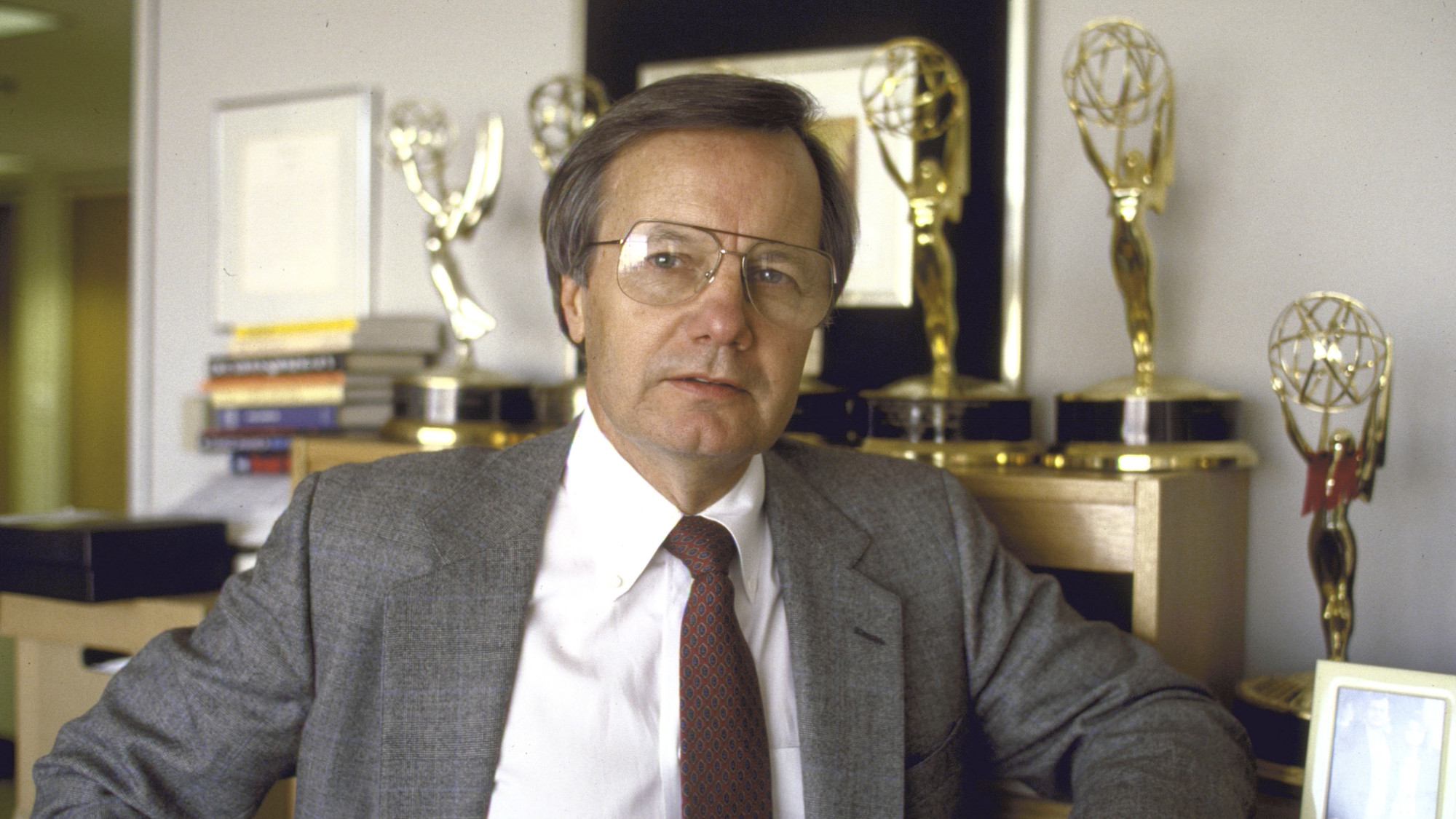 Bill Moyers: the journalist who was the face of PBS
Bill Moyers: the journalist who was the face of PBSFeature A legend in public broadcasting